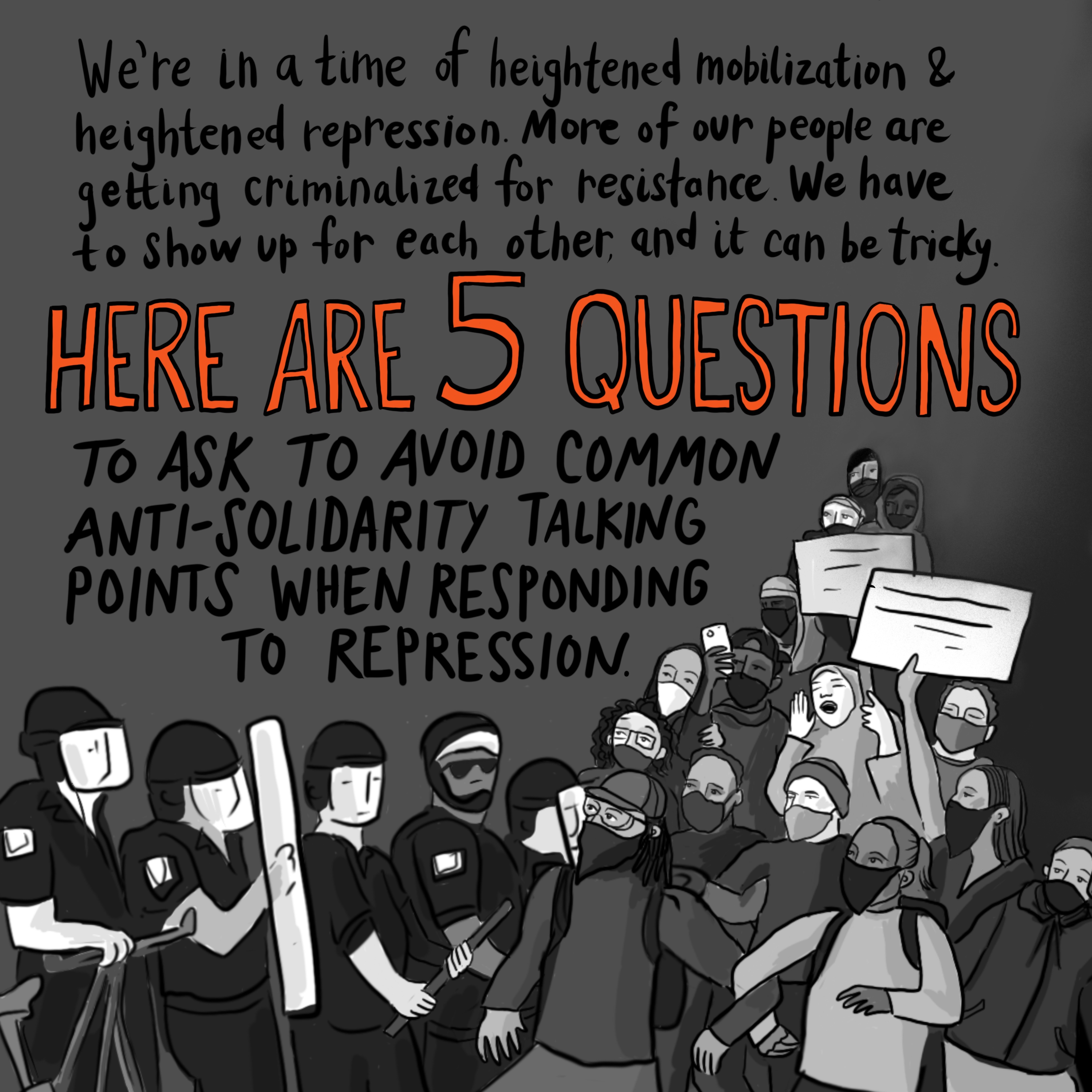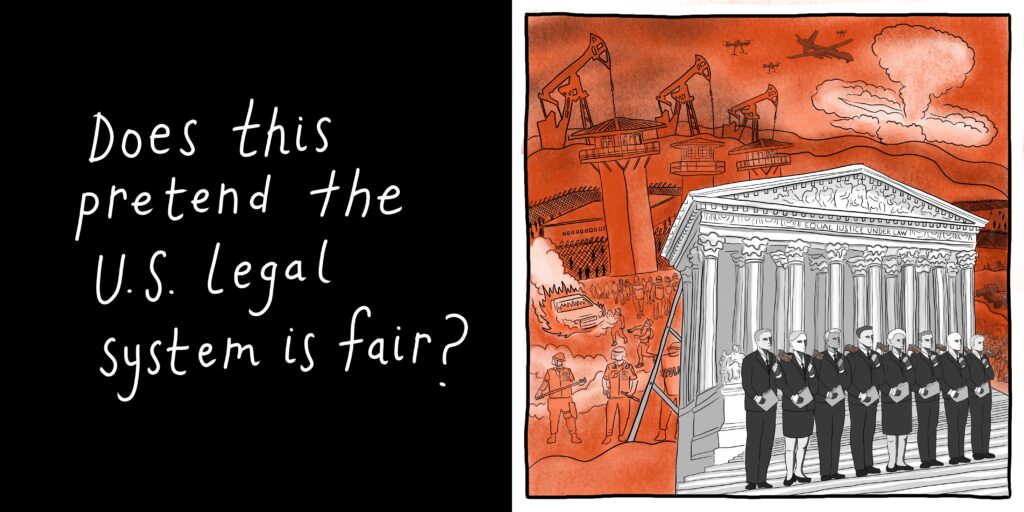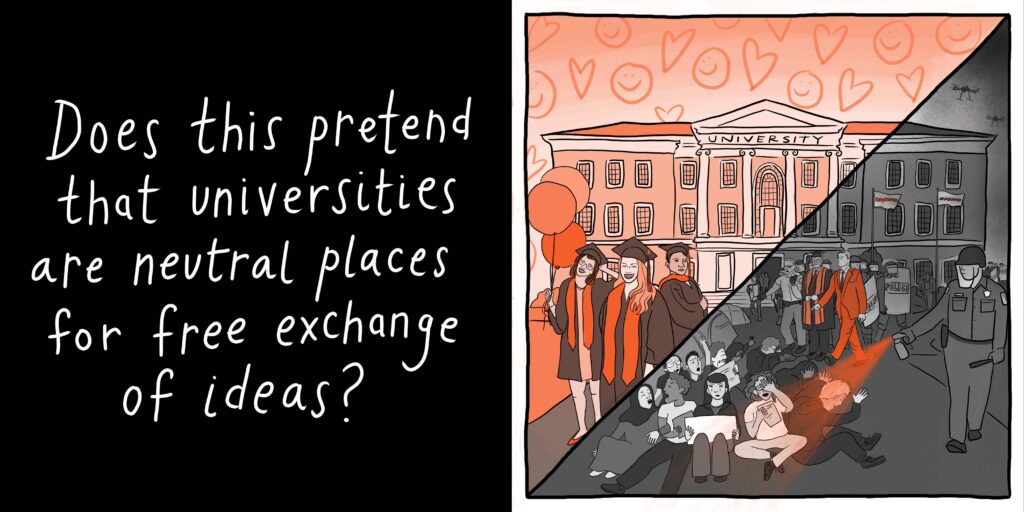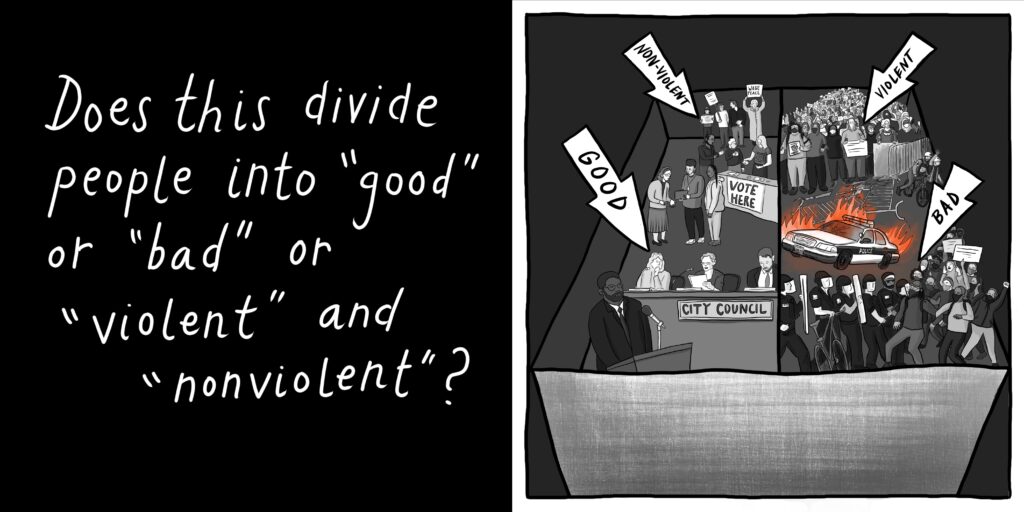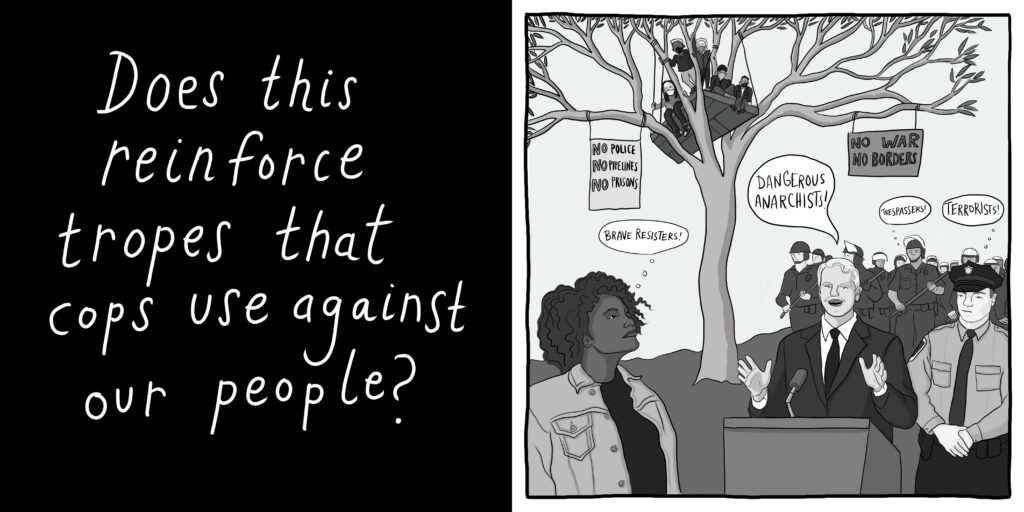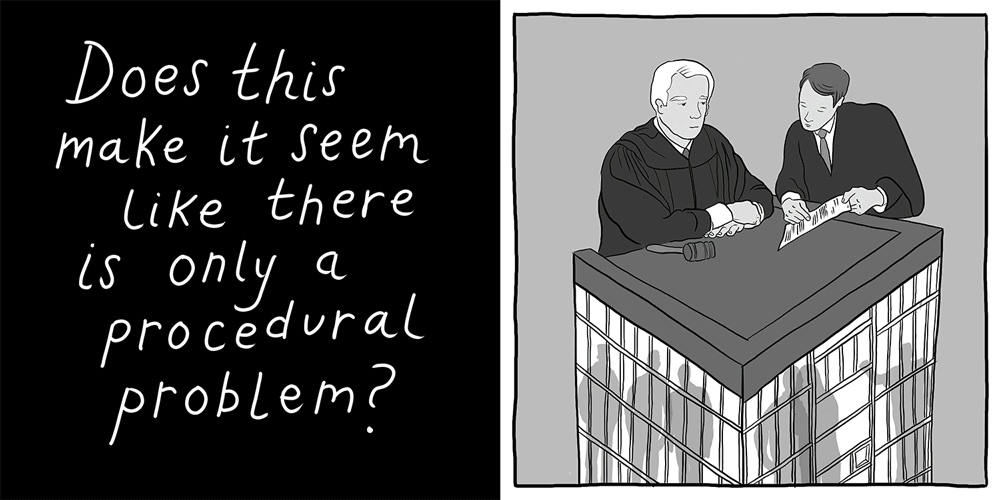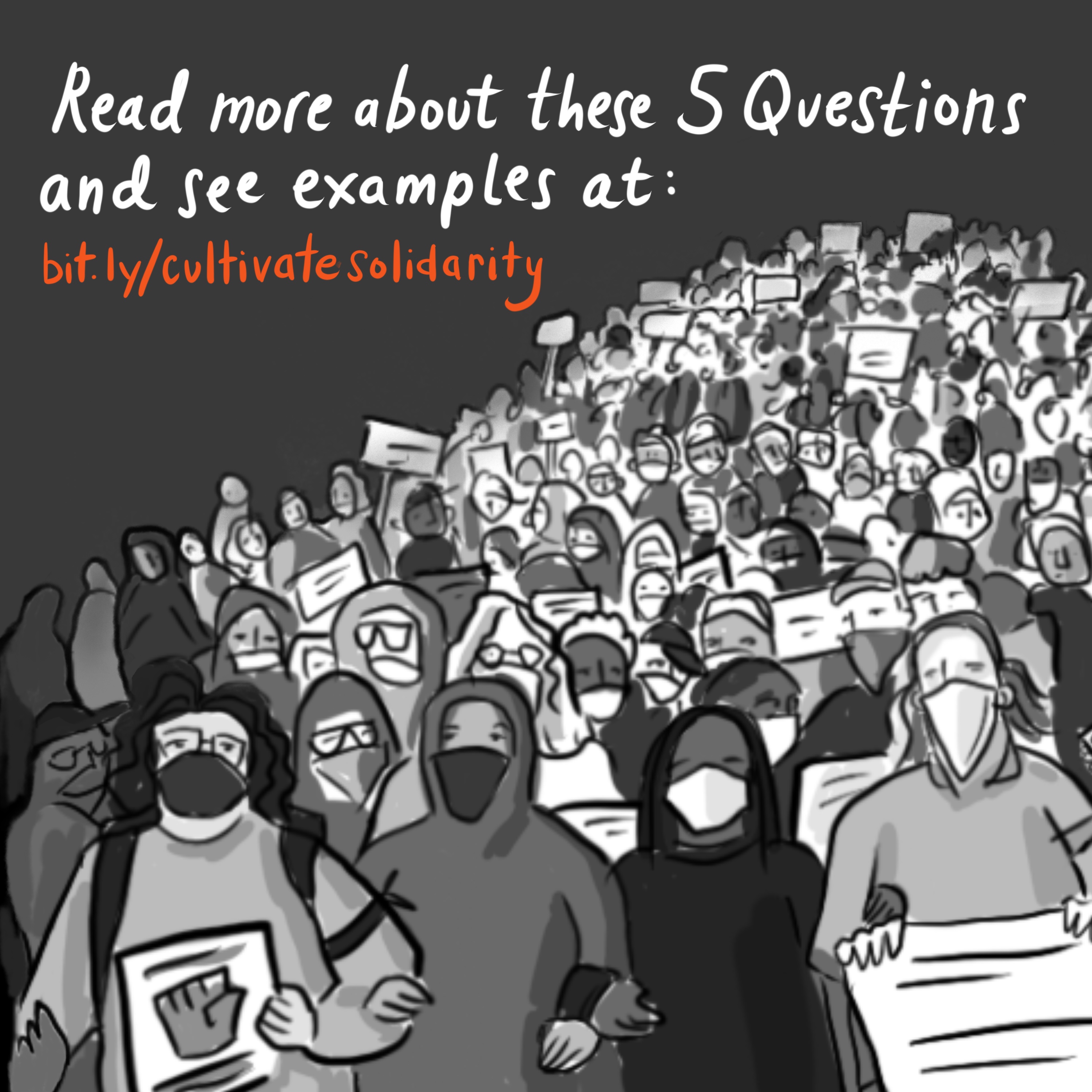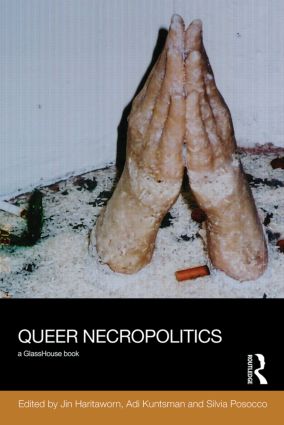I co-authored with Craig Willse “Confronting the Limits of Gay Hate Crimes Activism: A Radical Critique” in Chicano-Latino Law Review in 2000. You can read it here.
Abstract
Questioning the emancipatory potential of hate crimes activism for sexual and gender non-normative people, this paper outlines the limits of criminal justice remedies to problems of gender, race, economic and sexual subordination. The first section considers some of the positive impacts of hate crimes activism, focusing on the benefits of legal “naming” for disenfranchised constituencies seeking political recognition. In the next section the authors outline the political shortcomings and troubling consequences of hate crimes activism. First, they examine how hate crimes activism is situated within a “mainstream gay agenda,” a term they use to designate the set of projects prioritized by large, national gay rights organizations. The authors question the assimilationist drive of mainstream gay activism, and illustrate how such activism fails to reflect commitments to anti-racism, feminism, and economic redistribution. Second, they critique how the rhetoric of hate crimes activism isolates specific instances of violence against queer and transgender people, categorizing these as acts of individual prejudice, and obscures an understanding of the systemic, institutional nature of gender and sexuality subordination. Finally in this section, the authors interrogate hate crimes statutes as a practice of “identity politics” that, despite accomplishing certain goals, nonetheless dangerously reifies constructs of homosexual identity. In the third and final section, they look at how work on hate crimes occupies a place of “legitimacy” in the world of lesbian and gay activism. Preserving a sense of what hate crimes activism hopes to accomplish, they suggest other political strategies that pursue broader work for social and economic justice and build coalitions across identity categories.
